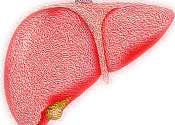Neural mechanism of autonomous learning uncovered
Thanks to so-called 'deep learning," a subset of artificial intelligence (AI) algorithms inspired by the brain, machines can match human performance in perception and language recognition and even outperform humans in certain ...
May 3, 2021
0
660









